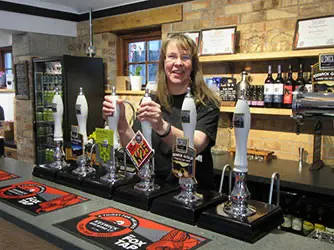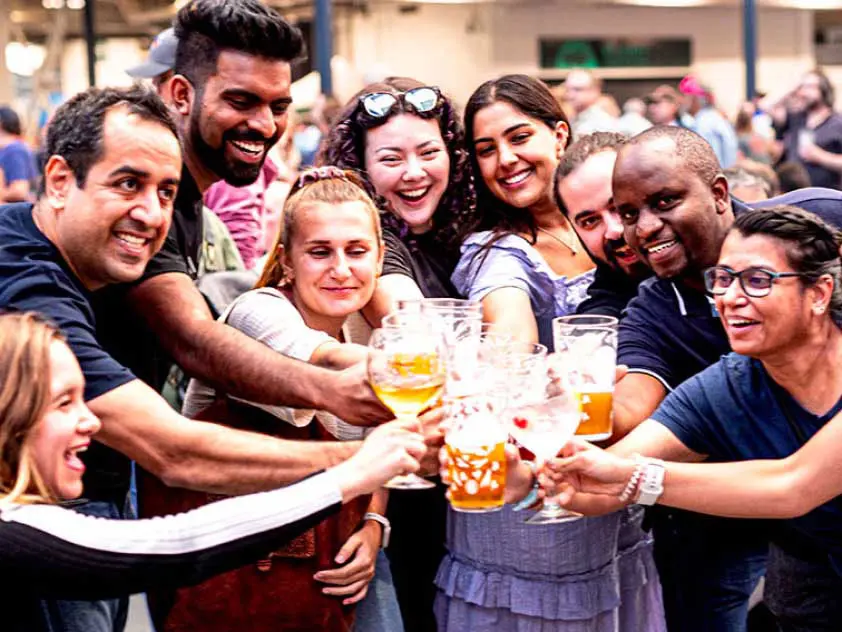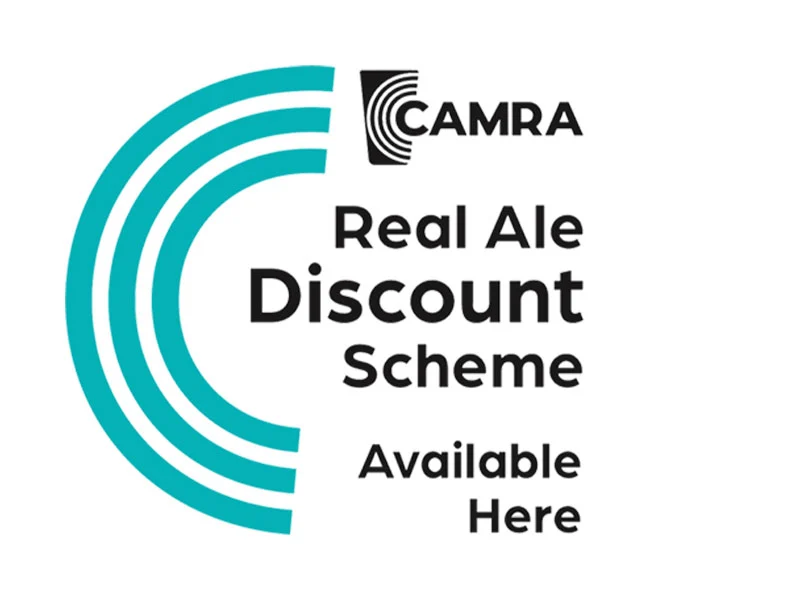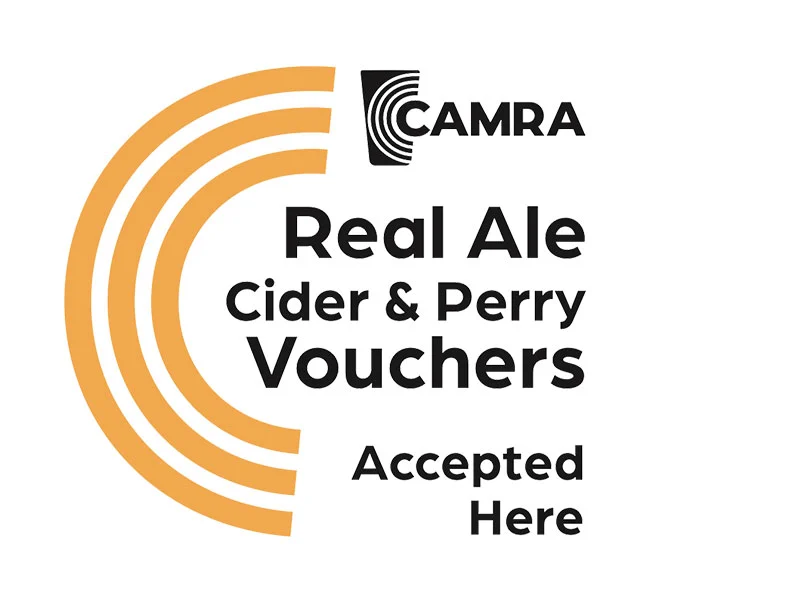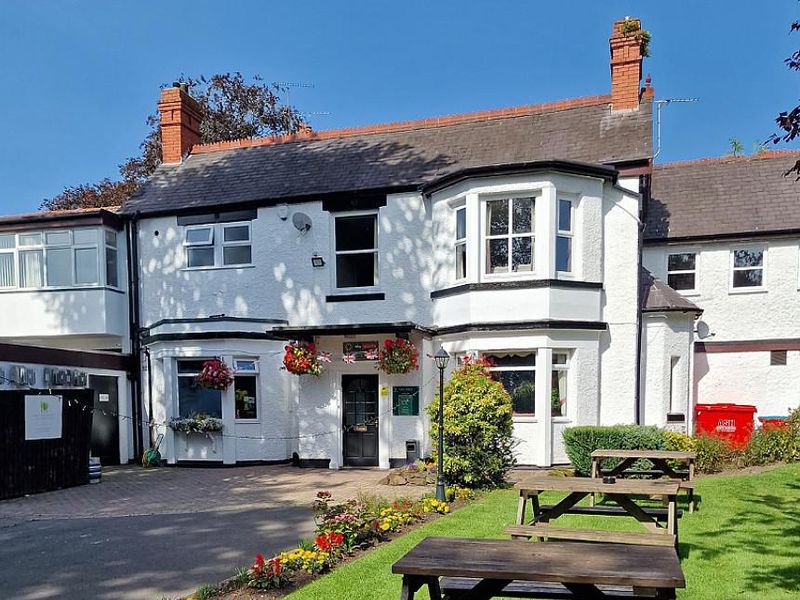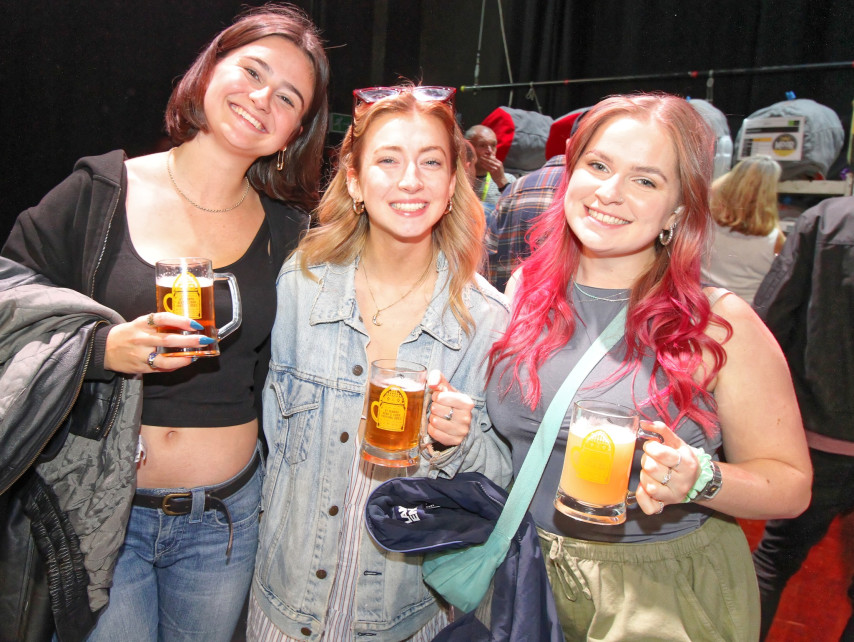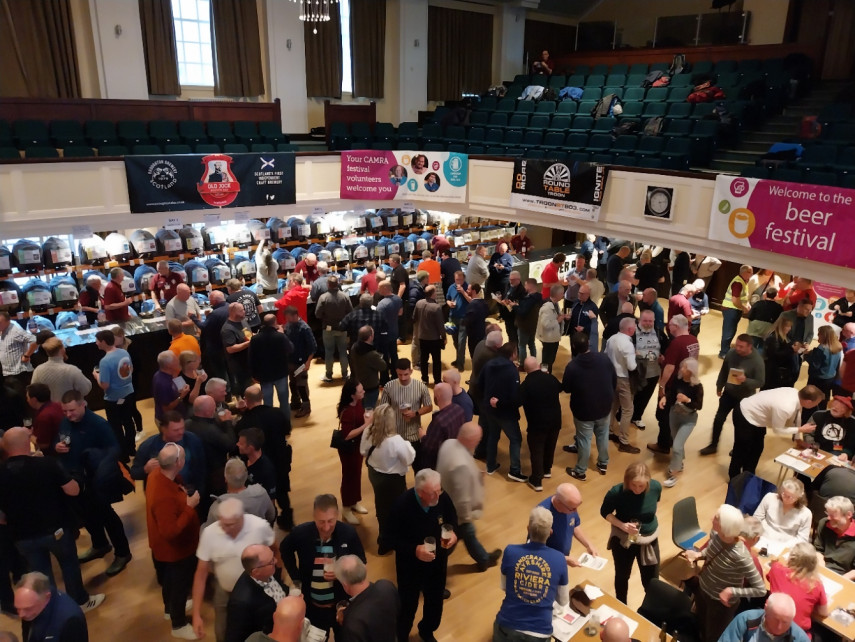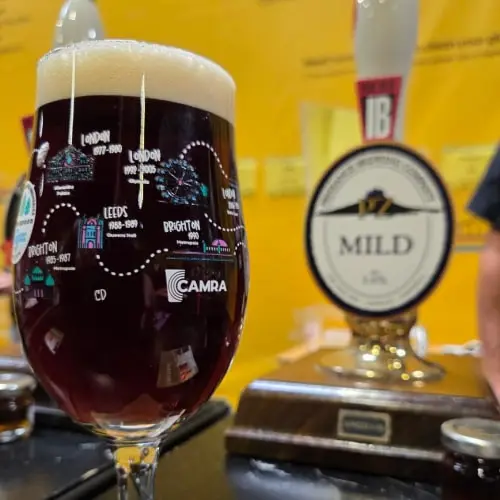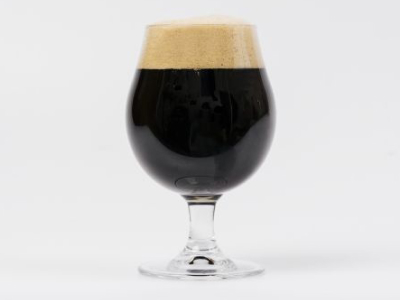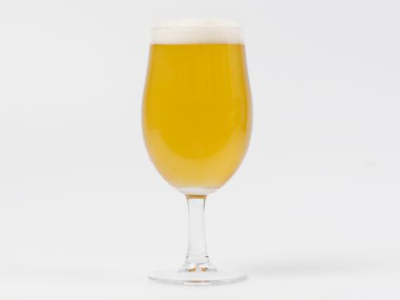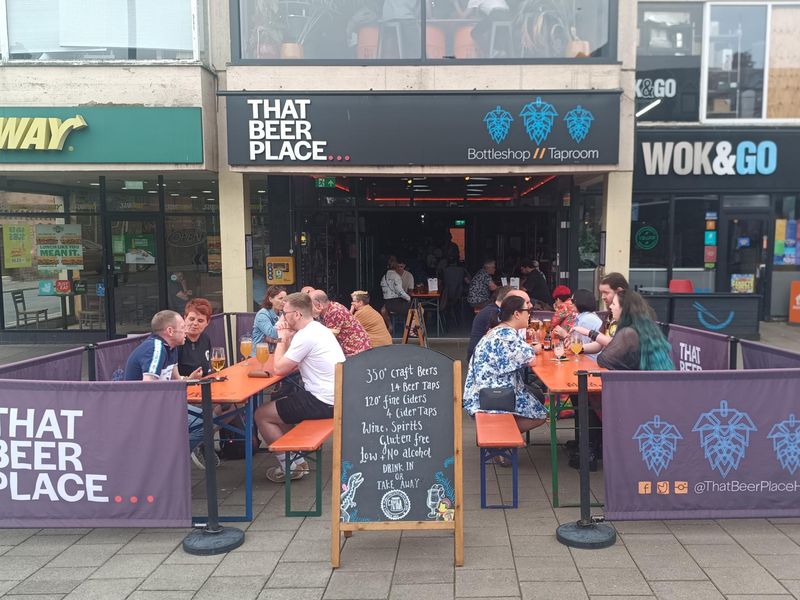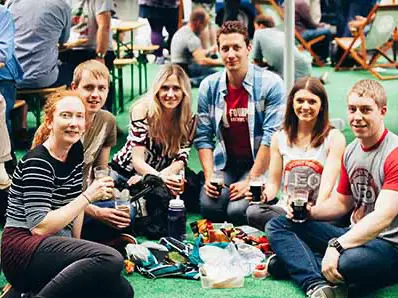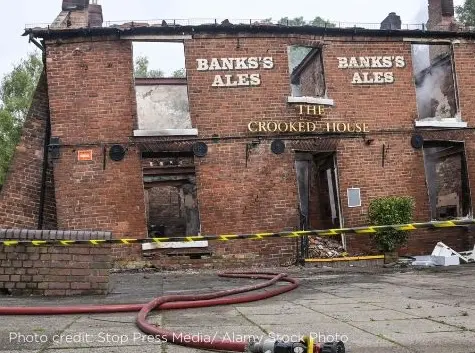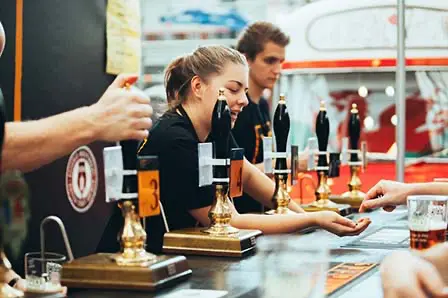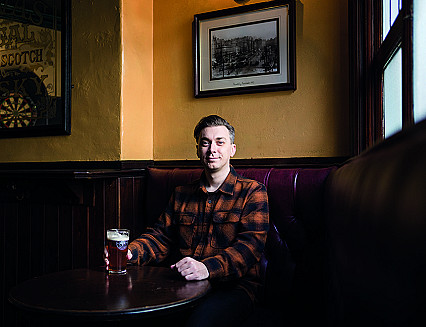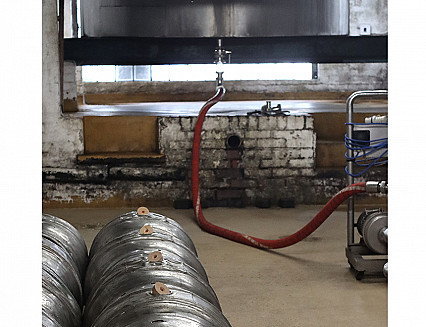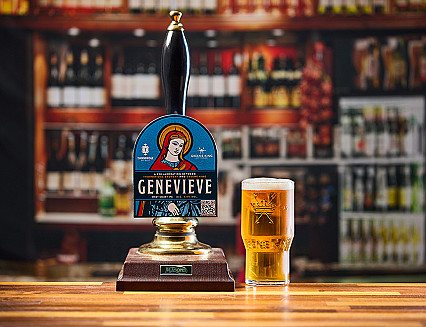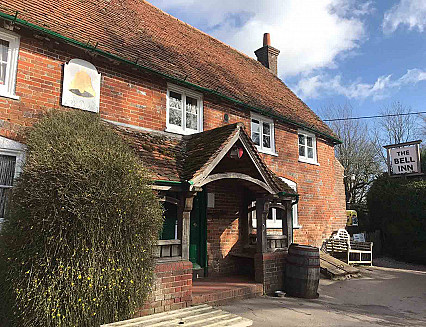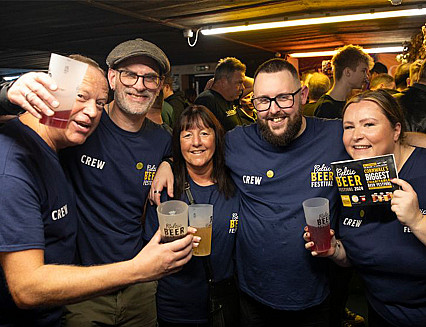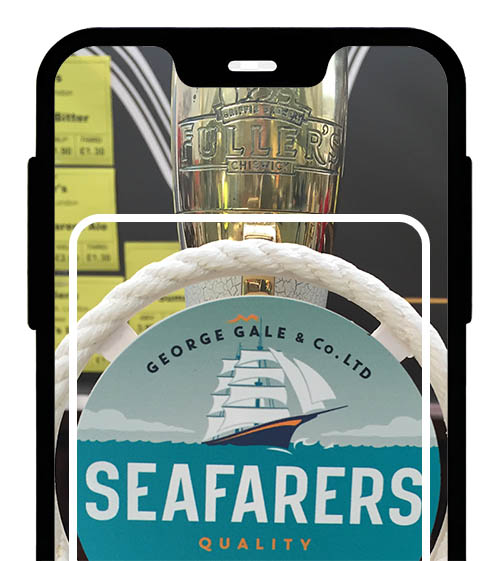Do you know where your favourite beer is brewed? New research shows almost a third (31 per cent) of young beer drinkers surveyed now recognise the Indie Beer campaign, which has set out to promote beer from genuinely independent brewers.
The YouGov research of more than 2,000 consumers, commissioned by the Society of Independent Brewers and Associates (SIBA), found 18-24 year olds were much more likely (31 per cent) to be aware of the campaign compared to just over one in 10 (11 per cent) of beer drinkers nationally.
Indie Beer campaign organiser Neil Walker said: “What this research clearly shows is that the Indie Beer campaign is resonating with younger consumers, many of whom are drinking less but drinking better – choosing quality beers from local, independent breweries.
“The campaign is all about ensuring that every person who is trying to support independent beer is actually doing so and making it easier for people to make an informed choice.”
A key part of the Indie Beer campaign has been to use social media and pub point of sale to promote a brewery checker tool which allows people to quickly check any brewery to find out if it is genuinely independent or owned by a global beer company such as Heineken, Budweiser, Asahi or Molson Coors.
The Indie Beer website has seen more than 52,000 brewery check searches since launch and now has more than 28,000 active users.
There are now more than 500 independent breweries across the UK signed up in support of the campaign, and that number is growing as the Indie Beer campaign attempts to shake things up in the beer market and make consumers think about what they’re buying.
YouGov found 75 per cent of people surveyed believe consumers are being misled when purchasing beer from once independent craft breweries, such as Beavertown, Camden, and Fuller’s that are now owned by global beer giants Heineken, Budweiser and Asahi respectively.
When told these breweries were owned by global companies and not independent, 75 per cent of people surveyed said they felt consumers were being misled, with the figure for the beer drinkers surveyed even higher at 81 per cent who believe consumers are being misled.
